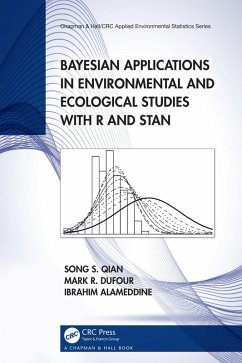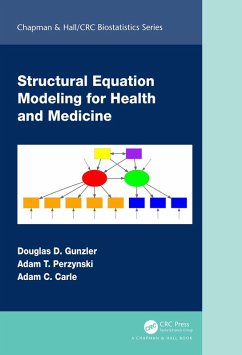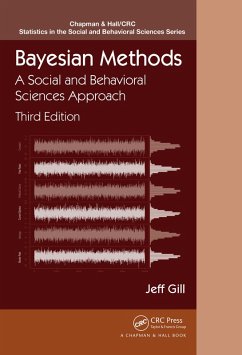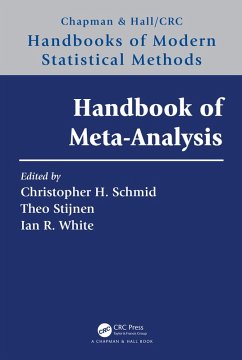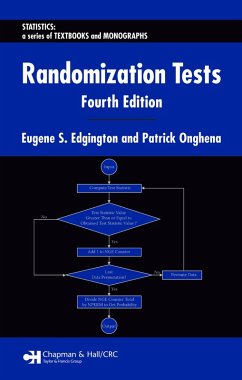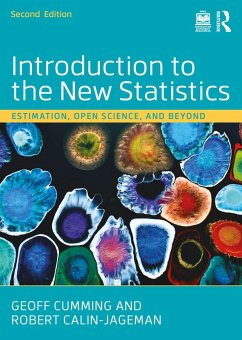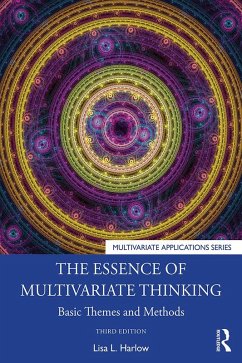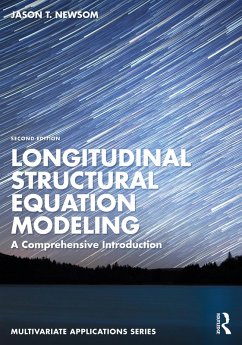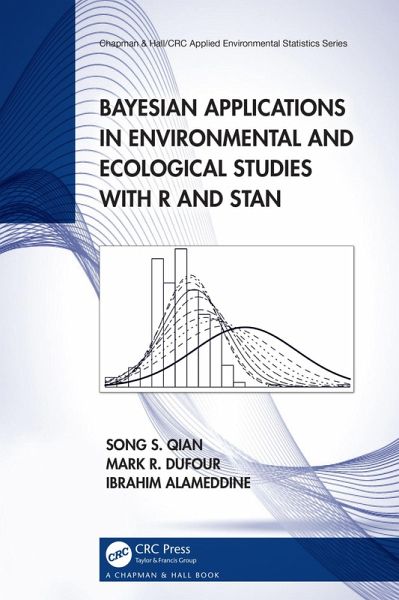
Bayesian Applications in Environmental and Ecological Studies with R and Stan (eBook, ePUB)
Versandkostenfrei!
Sofort per Download lieferbar
48,95 €
inkl. MwSt.
Weitere Ausgaben:

PAYBACK Punkte
24 °P sammeln!
Modern ecological and environmental sciences are dominated by observational data. As a result, traditional statistical training often leaves scientists ill-prepared for the data analysis tasks they encounter in their work. Bayesian methods provide a more robust and flexible tool for data analysis, as they enable information from different sources to be brought into the modelling process. Bayesian Applications in Evnironmental and Ecological Studies with R and Stan provides a Bayesian framework for model formulation, parameter estimation, and model evaluation in the context of analyzing environ...
Modern ecological and environmental sciences are dominated by observational data. As a result, traditional statistical training often leaves scientists ill-prepared for the data analysis tasks they encounter in their work. Bayesian methods provide a more robust and flexible tool for data analysis, as they enable information from different sources to be brought into the modelling process. Bayesian Applications in Evnironmental and Ecological Studies with R and Stan provides a Bayesian framework for model formulation, parameter estimation, and model evaluation in the context of analyzing environmental and ecological data.
Features:
The book is primarily aimed at graduate students and researchers in the environmental and ecological sciences, as well as environmental management professionals. This is a group of people representing diverse subject matter fields, who could benefit from the potential power and flexibility of Bayesian methods.
Features:
- An accessible overview of Bayesian methods in environmental and ecological studies
- Emphasizes the hypothetical deductive process, particularly model formulation
- Necessary background material on Bayesian inference and Monte Carlo simulation
- Detailed case studies, covering water quality monitoring and assessment, ecosystem response to urbanization, fisheries ecology, and more
- Advanced chapter on Bayesian applications, including Bayesian networks and a change point model
- Complete code for all examples, along with the data used in the book, are available via GitHub
The book is primarily aimed at graduate students and researchers in the environmental and ecological sciences, as well as environmental management professionals. This is a group of people representing diverse subject matter fields, who could benefit from the potential power and flexibility of Bayesian methods.
Dieser Download kann aus rechtlichen Gründen nur mit Rechnungsadresse in A, B, BG, CY, CZ, D, DK, EW, E, FIN, F, GR, HR, H, IRL, I, LT, L, LR, M, NL, PL, P, R, S, SLO, SK ausgeliefert werden.




